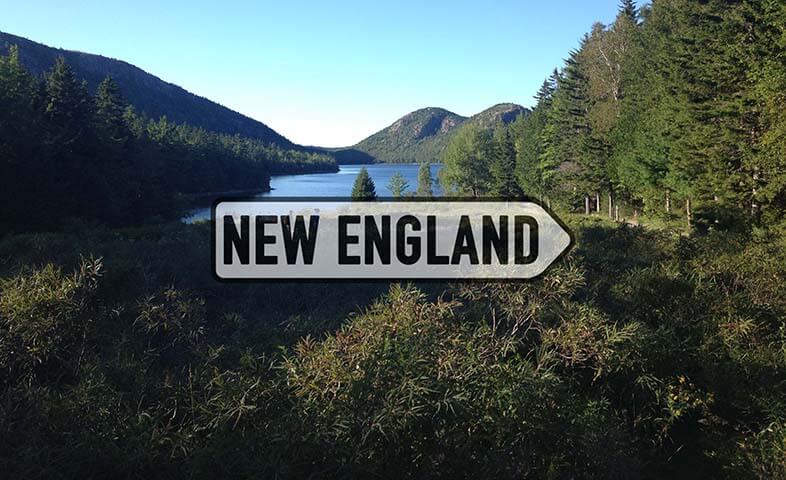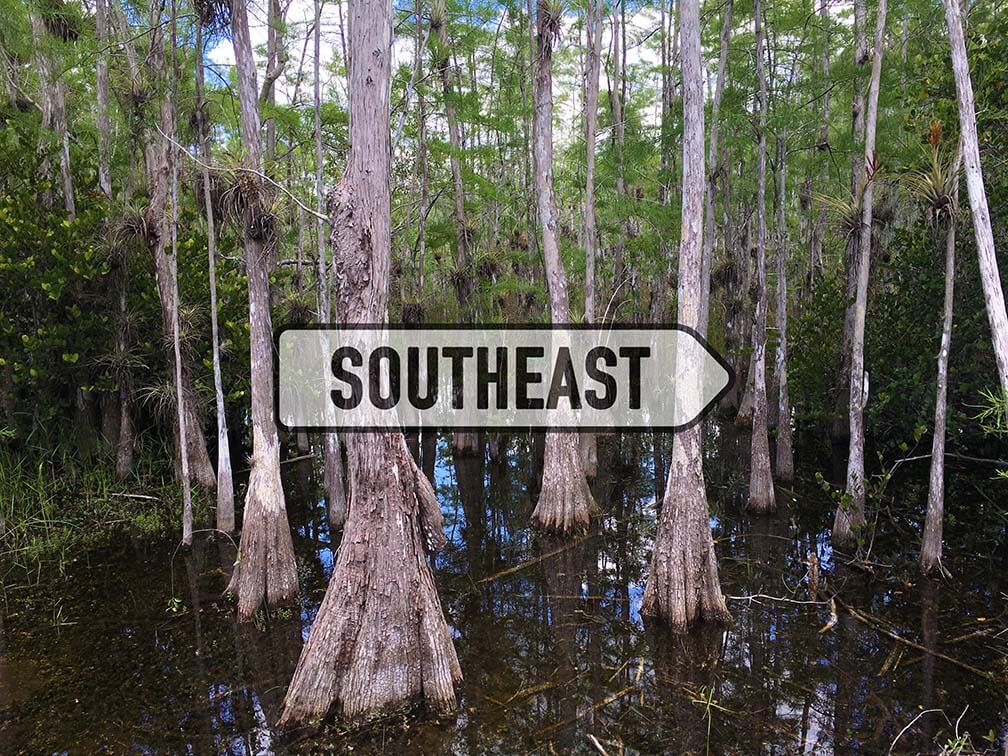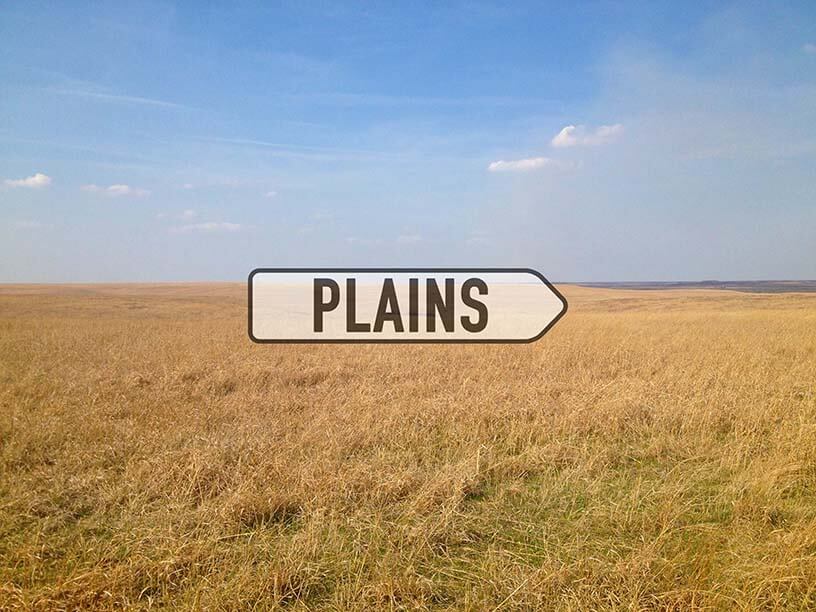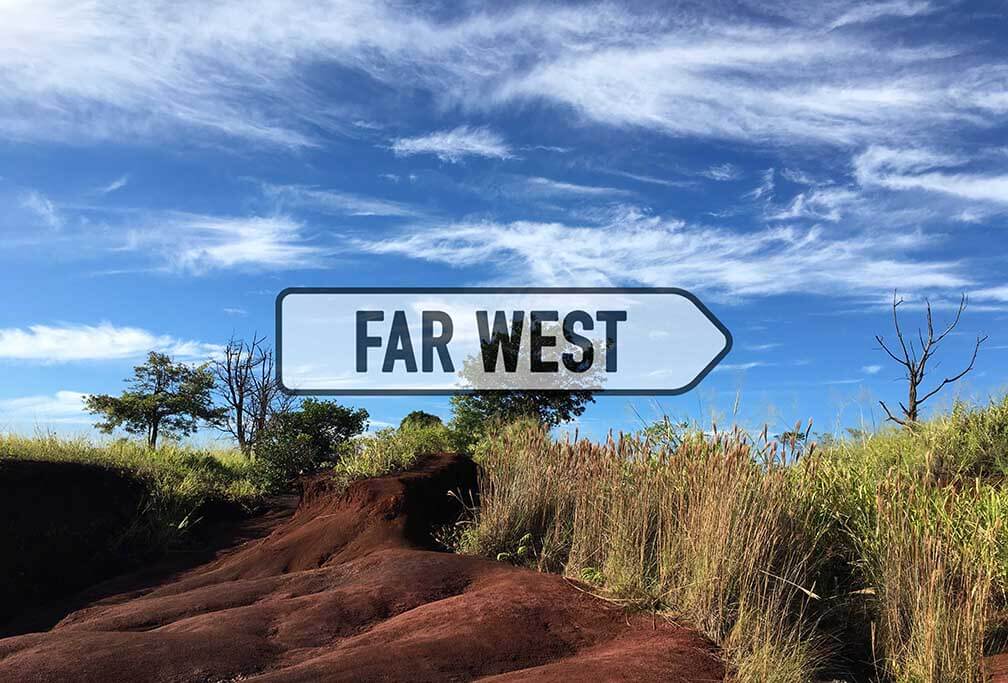In two years he’ll be gone, and something
in her camera knows it. That’s why shots like this
are called candids. He’s surprised—or at least
annoyed—by his wife snapping pictures
from one endof the small aluminum boat,
its shine dull, but still a shine in the August
overcast. His jaw set, mouth a narrow
horizon tilting justdownward at its ends,
perhaps indicatingthe Earth’s curve,
an inkling of the vastjust beyond the here.
We both wear sunglasses,because we’re fishing
in daytime, butwork the symbolism too,
if you like—I’ll workthe diagonals
slashing the frame every which way,from rods
and lines, a sloping shore, the edges
of the boat, his golf shirt collar. I’ll work
how the lake has pieces of haze in it,
and the sky has it all. I’ll work our hats.
His:Piedmont Airlines, where he’ll work until
they’re bought in five years, but his pride will persist
for decades. Mine: Lockwood Carpets, where
my step uncle sweats installation
and delivery the summer before
becoming a state trooper. I’ll work
my father looking at my mother
from behind the dark lenses, and her
looking at him through the viewfinder,
through which I now look, and try to help
you see, too, though none of us see what’s really
there, except maybe our posture: his upright,
vigilant, mine slumped, cupping the cork
handles, marveling at monofilament
unspooling into the man-made lake, how clean
its cast and easy its fall, how supple it lies
along the lake’s still and ashy surface, how
it threads the euphotic zone to the darkness
with such integrity, and it won’t snap
with just any trout’s thrash, either. “Abrasion
resistant” reads the package, and perhaps that
is my awe, how smooth it remains regardless
of what it goes through. And I have since learned
about line memory, what every angler
could use less of, when line sits too long
on the spool, and curls, loses casting distance,
tends towards the tangle and snarl. But this line
lets me rewind and recast, straightens and flies, arcs
and drops, sinks and rests and waits. It’s a good line
with low memory. There are many branded
like that, but no such thing as one with none.
Andy Fogle is the author of Across from Now and seven chapbooks of poetry, including the forthcoming Arc & Seam: Poems of Farouk Goweda, co-translated with Walid Abdallah. His work, including a variety of nonfiction and collage, has appeared in Anomaly, Blackbird, Gargoyle, Image, Pine Hills Review, and Right Hand Pointing. He’s from Virginia Beach and the DC area, and now lives in upstate NY, where he teaches high school and is the recipient of a 2021 Individual Artist Grant from Saratoga Arts to write poems related to abolitionist John Brown.
Featured image courtesy Andy Fogle.











